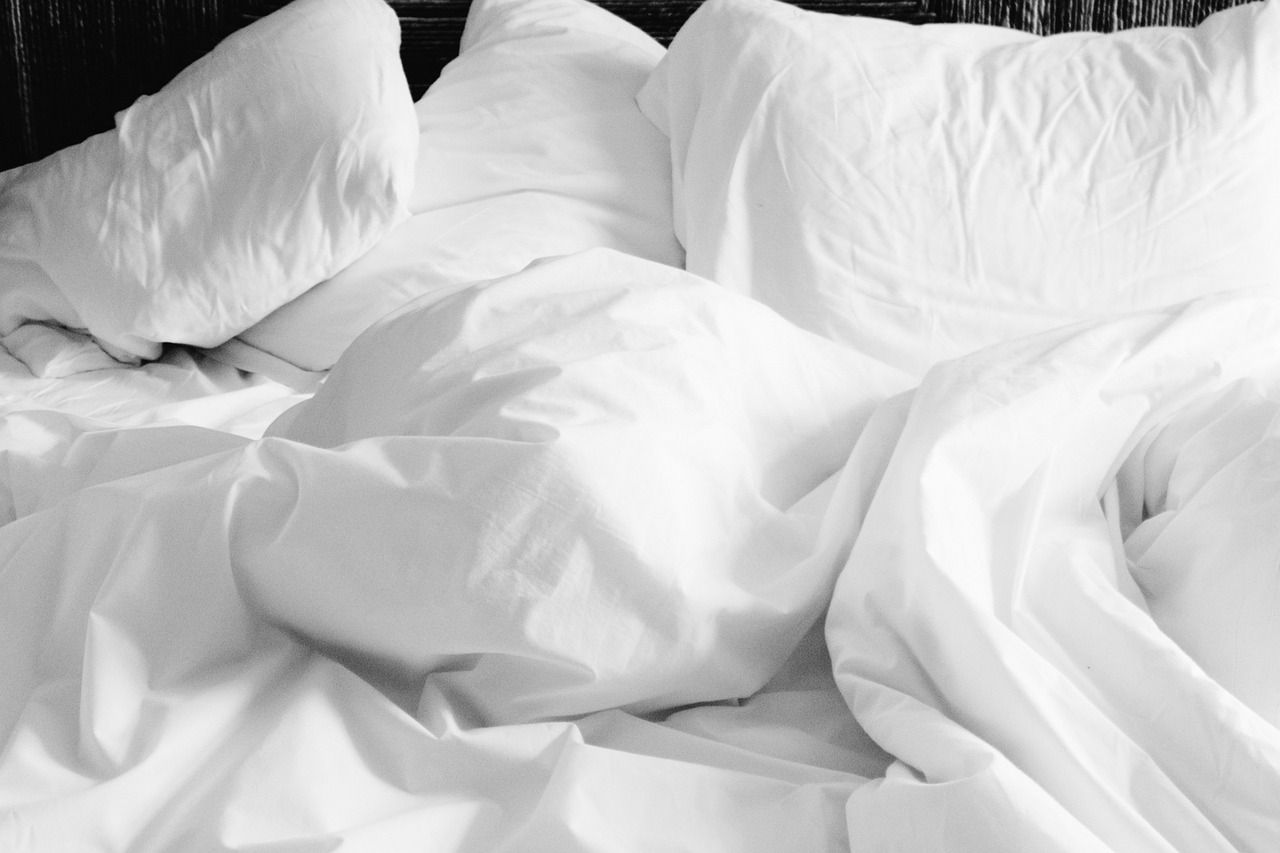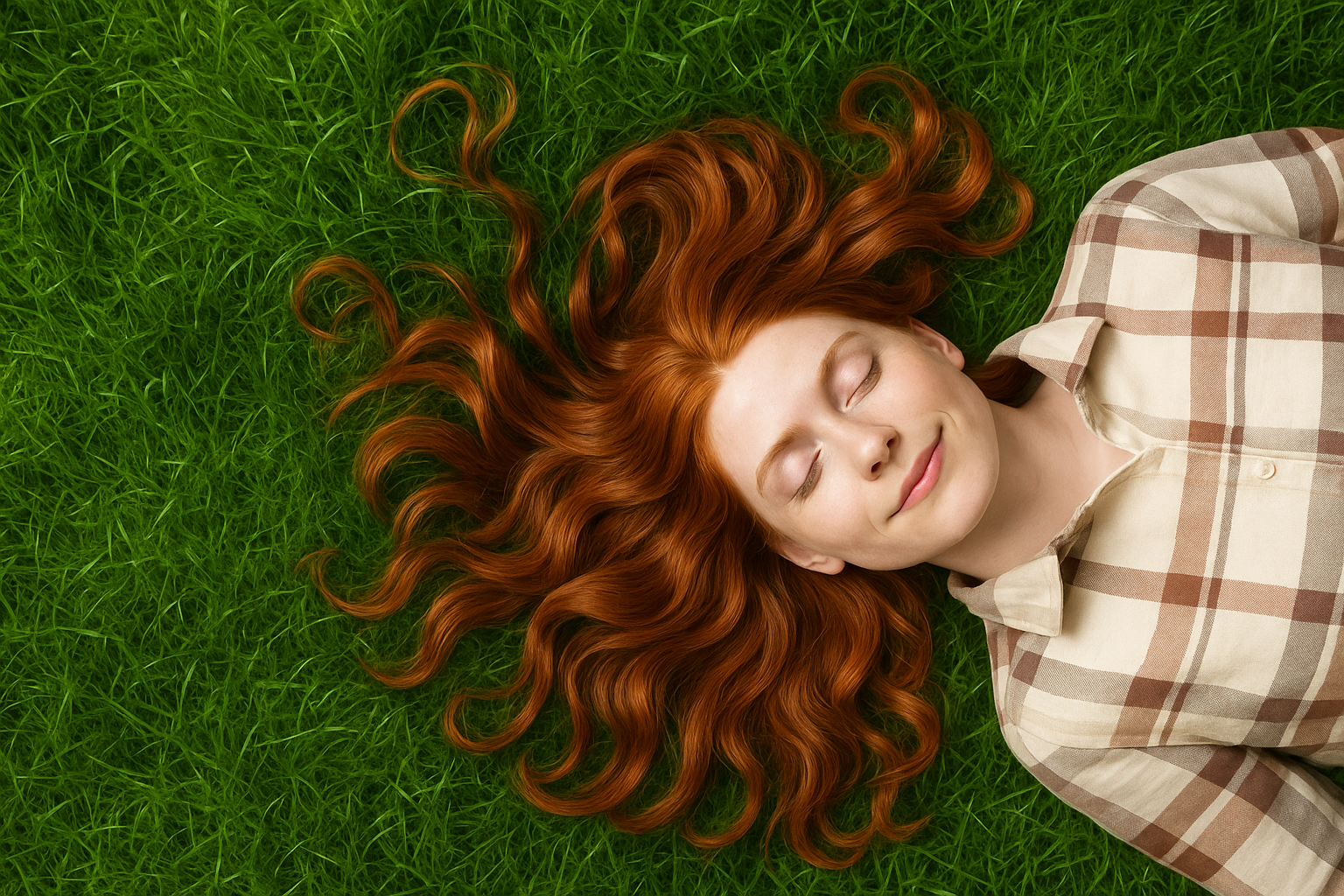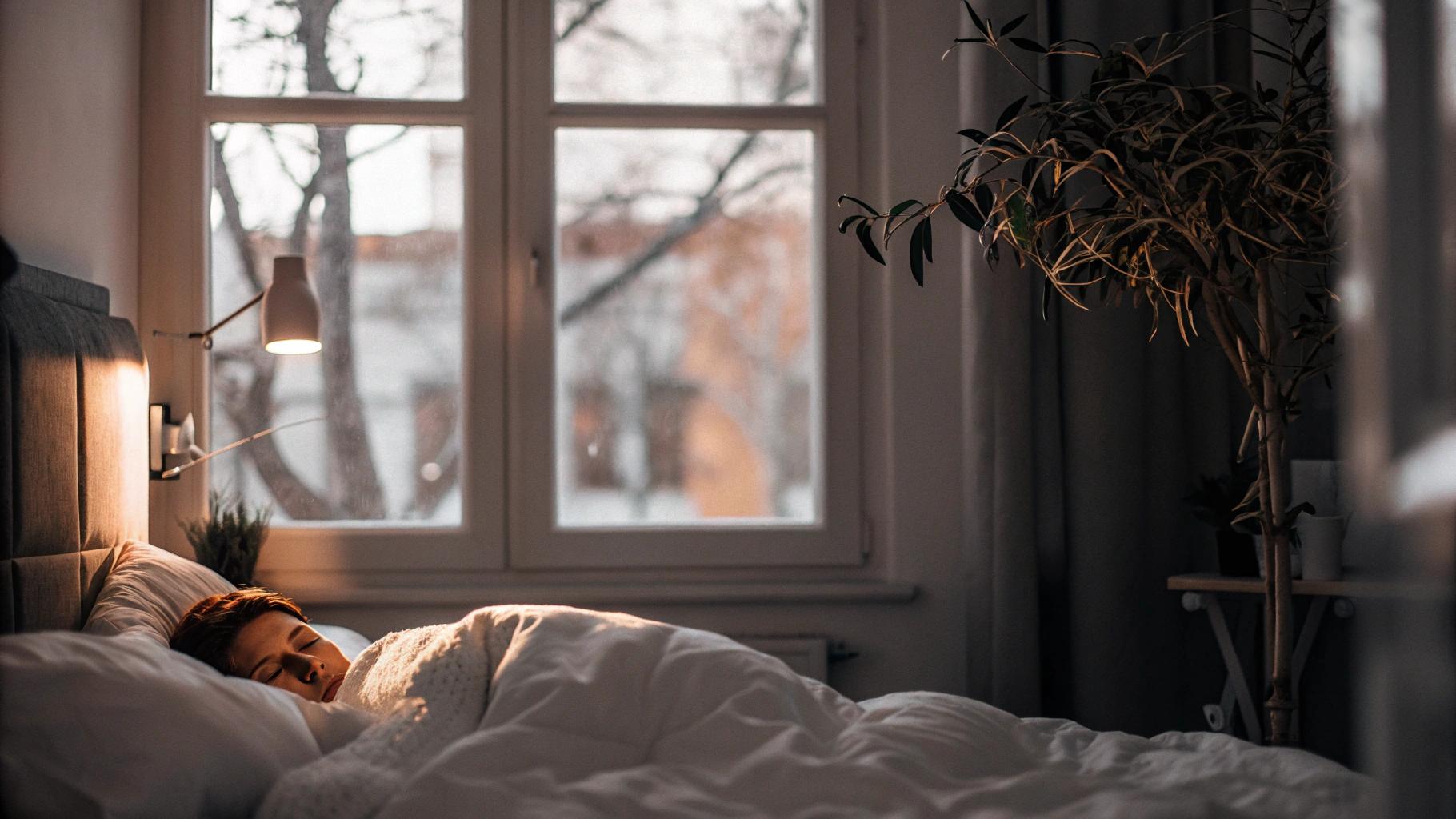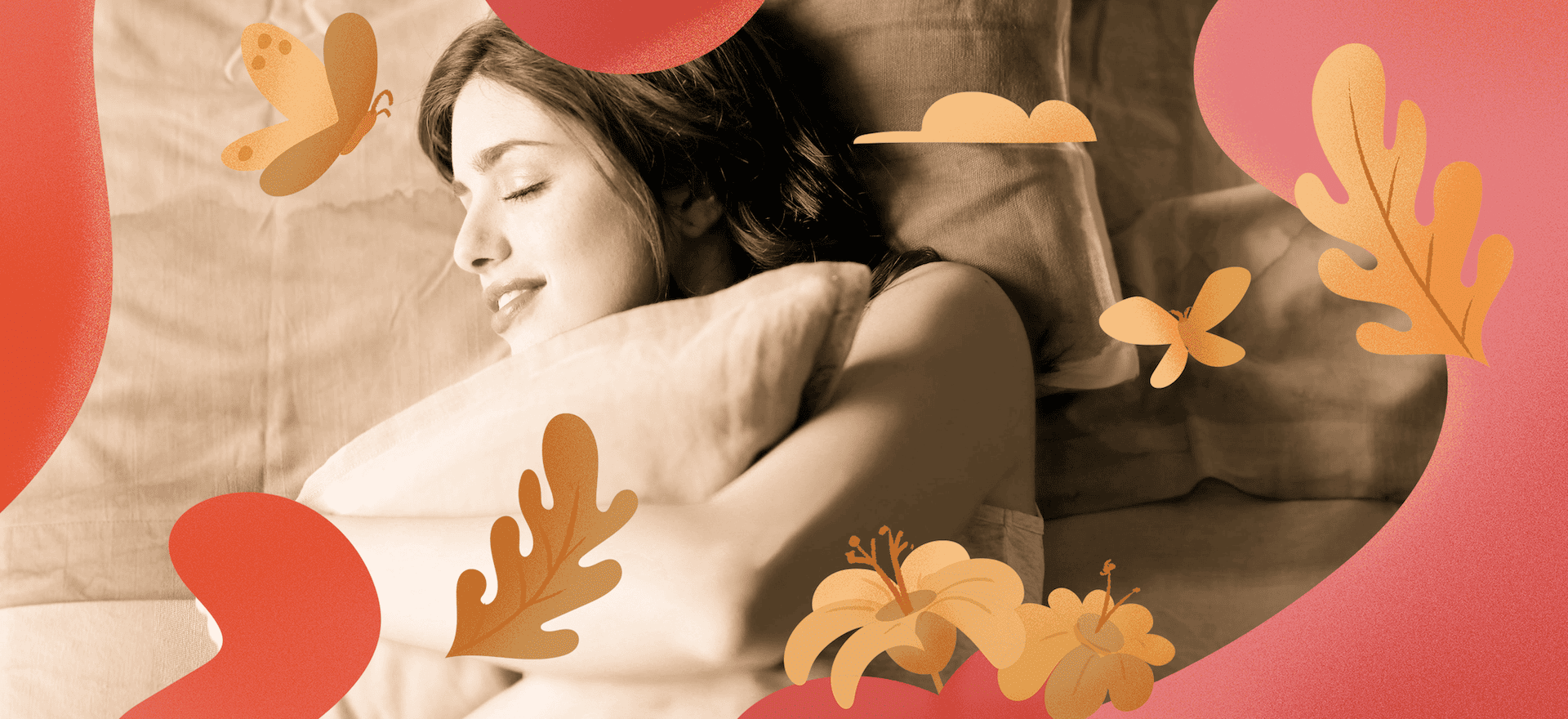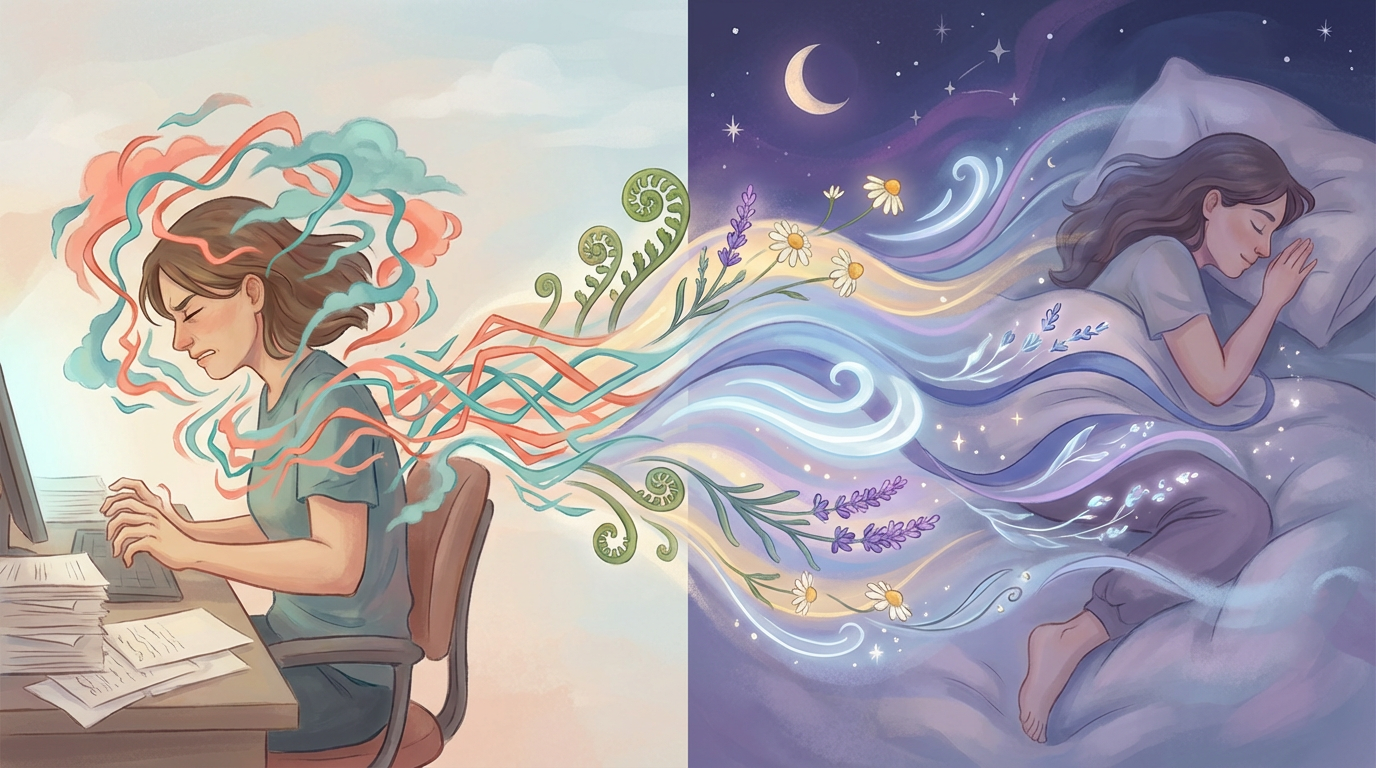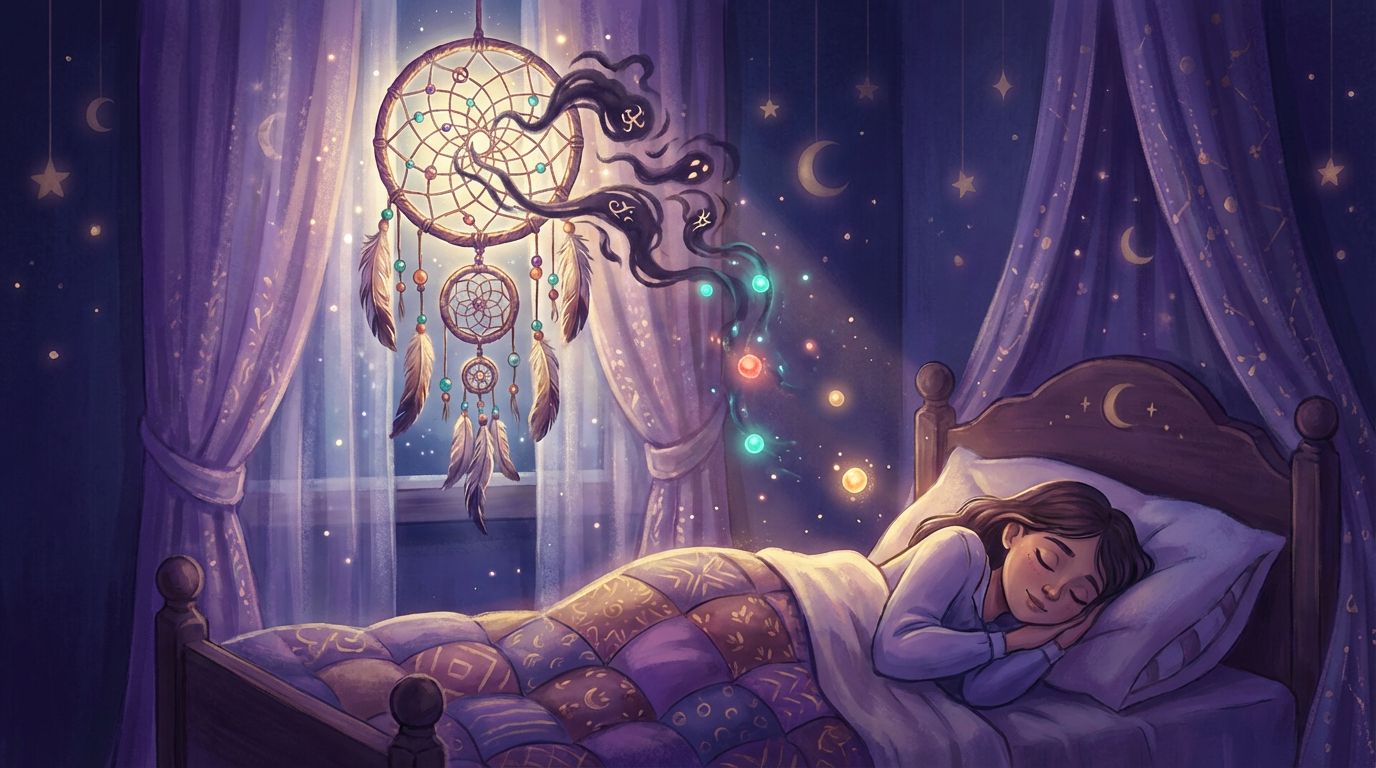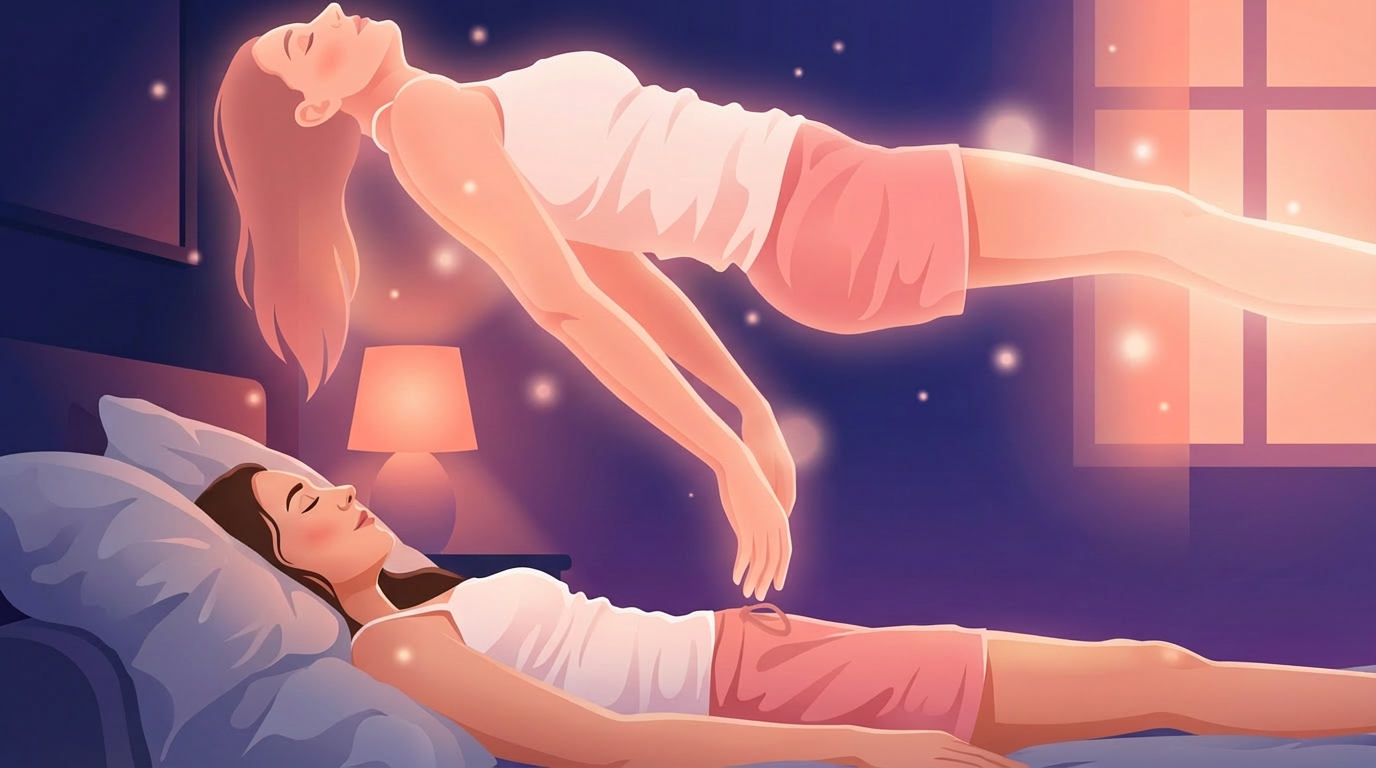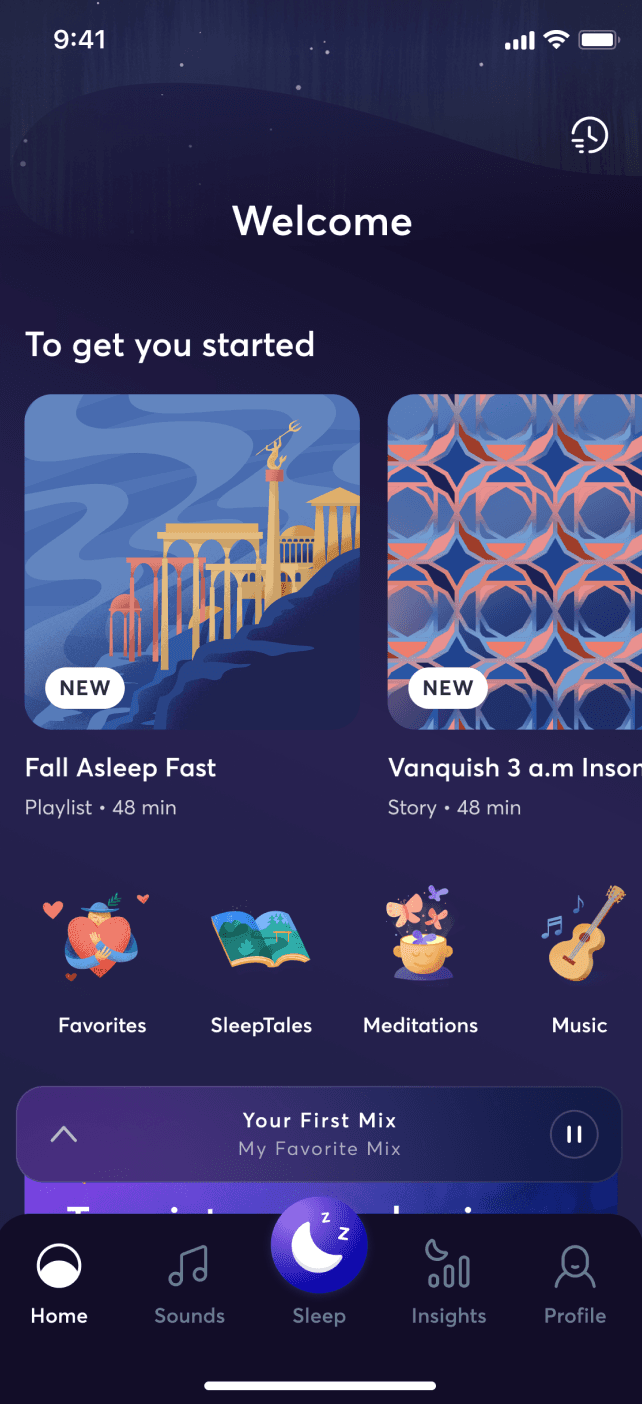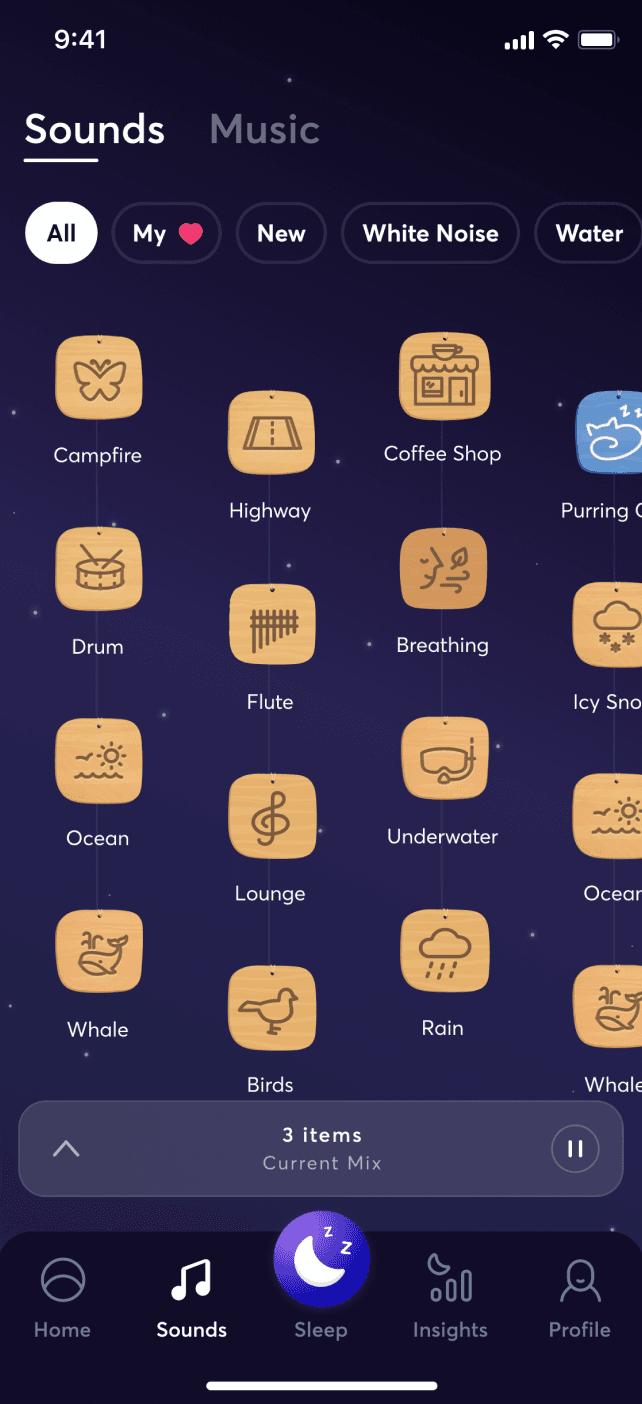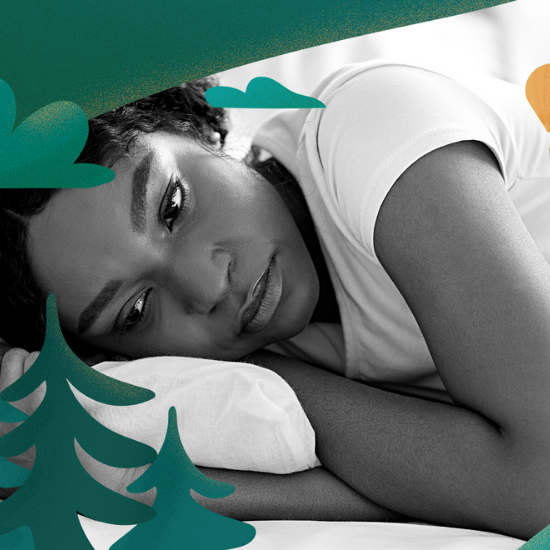
How High-Functioning Anxiety Can Affect Your Sleep
People who have a constant fear of the outcomes of circumstances and persistent worry suffer from anxiety. This can lead to trouble sleeping, breathing problems, rapid heart rate, weakness, and/or fatigue.
Some people have learned how to live with their anxiety so they can still perform other duties in their daily lives. This, however, doesn’t mean that they are healthier or won’t have problems with things like sleeping.
People with anxiety tend to develop sleep anxiety.
- Regular stressors in your reality can still affect you while you’re sleeping.
- Can lead to nightmares or sleep paralysis.
- Usually developed because people become too scared to sleep.
What Is High-Functioning Anxiety?
High-functioning anxiety refers to people who suffer from anxiety but are still able to perform their daily tasks at a high capacity. In this case, people tend to use their anxiety as motivation for daily tasks.
According to the National Institute of Mental Health, 19% of adults in the U.S. have anxiety in some way. Many of these people may not even be aware of it.
People with high-functioning anxiety:
- Put all their effort into things like work and family. They use the tasks that these things bring them to further shield themselves from the reality of the anxiety disorder that they are facing.
- Appear to have things together but could be suffering on the inside.
- Are often crowded with obsessive thoughts.
Symptoms of High-Functioning Anxiety
Because high-functioning anxiety is not considered an official diagnosis, there is limited information on how it can affect people. Individuals with a generalized anxiety disorder (GAD) and people with high-functioning anxiety can experience the same things:
- Excessive worrying throughout the day
- Restlessness
- Irritability
- Sleep insufficiency
- Overachiever
- Free of failure
- Not wanting to take needed breaks in work
- Changes in appetite
- Faster heart rate (even in relaxed situations)
How to Take Care of Your Anxiety
When it comes to mental health, there is no one-size-fits-all. Anxiety is not curable but there are different ways to maintain it and not allow it to become a bigger problem. Figuring out what works best for your body is the number one priority.
Here are some things you can do to lessen your anxiety and be on your way to healthier and more stable mental health:
- Stay active. Regular exercise isn’t just for physical health but also mental. Increasing your heart rate produces neurochemicals that help fight against anxiety symptoms. Exercising also helps you concentrate better and provides willpower.
- Avoid alcohol and smoking. While the initial usage appears to fix things, temporary fixes like this will end up harming you more than helping.
Alcohol and smoking are also known to negatively affect your sleep, leading to worse anxiety symptoms.
- Less caffeine. People with extreme anxiety symptoms should avoid caffeine. Caffeine tends to make people jittery and nervous, worsening anxiety symptoms.
- Guided meditation for anxiety. Meditation helps bring your mind and body to a state of relaxation and tranquility. Meditation practices include breathing exercises and zoning in to ignore the distractions and stressors of your reality.
You can start off doing 10 minutes of meditation and eventually work your way up to even 30 minutes.
You don’t have to worry about restless nights and developing sleep anxiety. The Better Sleep app has treatment options for improving anxiety symptoms. You can be on your way to a healthier mental and physical state in no time.


